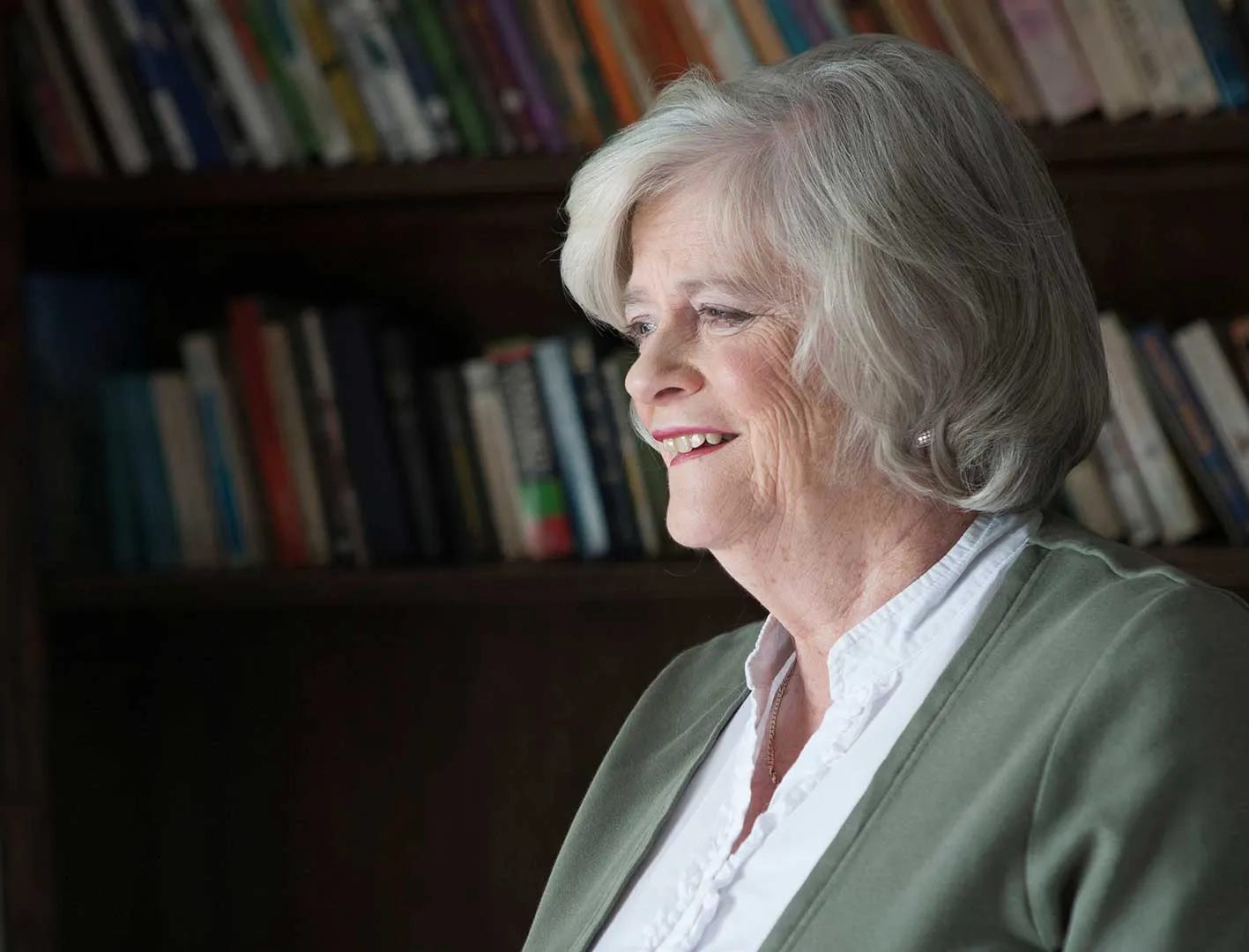I never thought it would happen in my lifetime. Way back in the 1960s when the “permissive society” was taking off , living in a commune was fashionable and sex outside marriage was modern and cool, my mother was fond of predicting that one day there would be a backlash and the old-fashioned notion that it was better to marry before having children would make a comeback. I was not sanguine, pointing out that it was two centuries before the moral chaos of the Restoration period morphed into the ultra-puritanism of the Victorians.
The 1970s seemed to prove my point as marriage continued to decline but something else was now happening too: women’s liberation. We were demanding equality and not before time but that equality was now being interpreted as women going out to work, with full- time mothers treated with not much short of scorn. They were called “parasites on society” and regarded with dismissive pity and that trend continued right up to the era of Cameron and Osborne, who in their management of the tax system , gave the impression they would not be satisfied until every woman was working, parking her children and focussed on earning enough to pay those with whom they were parked.
Of course that highly privileged pair thought of the working woman as a business executive with exquisitely painted nails, a natty suit and Jimmy Choo shoes, which was a million miles removed from most working women’s reality, which could be anything from charring to pounding the hospital wards during long, wearying shifts. By 2022 more than 75% of women with dependent children were working. It would be wrong to assume that all the rest are full time mothers as some will be seeking work, in education, in training or unable to work, eg through disability.
The ideal pursued in the 1970s was that women would have a genuine and active choice between working and full time motherhood but the tax system and house prices have put paid to that, as has the social pressure on women to engage in the work place, something vividly illustrated by a succession of my secretaries at Westminster. Three left of their own volition to become full time mothers and the last one told me she was always having to justify it to such an extent that she began to make excuses such as the difficulties of commuting.
The statistics paint a gloomy picture for those who believe in tying the knot. In 2021 the proportion of people who were married fell below 50% for the first time and the decline has continued.
Now, when marriage is a minority choice, 42% of marriages end in divorce , re-partnering is the norm and “ blended families” a lifestyle, the first signs of a backlash are appearing on the horizon, with four fifths of Gen Z rejecting the notion that marriage is irrelevant and a third believing it better for a couple to marry before having children. Those of us who remember the way family stability was taken for granted in the 1950s, when children were protected and put first can be forgiven for sighing “at last”.
It would however be premature to crack open the Moet. Two thirds still think kids first, marriage later is Ok. Those who postpone marriage until they can afford a full-scale wedding and who think that more important than the legal rights marriage brings are still well in the ascendancy and I am still not sure that will change in my lifetime, but I have lived to see the beginning of the beginning and I live in hope that a Reform Government will make sure the tax system at the very least no longer discriminates against marriage.
If a mother wants to work, that is one thing but for the state effectively to force her to is quite another. A 2023 survey found that 60% of all working mothers with children under the age of 15 would prefer to work fewer hours and 37% with children under 4 would give up work altogether if only they could afford to, while 67% would work fewer hours. That is one reason why it is so wrong to dismiss working from home on principle as opposed to any practical requirements of a particular job or slackness on the part of a particular employee.
Meanwhile I smile at the thought that a future generation will astound and shock their grandparents with their traditional attitudes as once those grannies shocked theirs with their rebellious rejection of marriage and embracing of a supposedly liberated new way.
What follows is for paid subscribers only:




